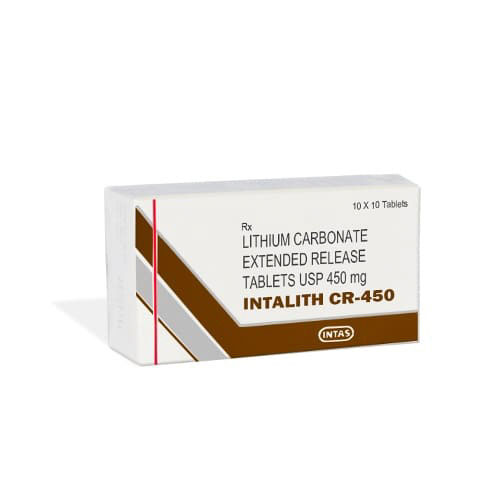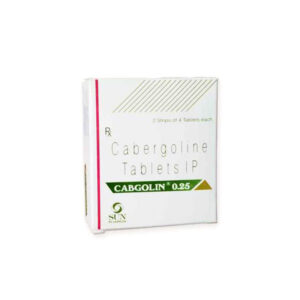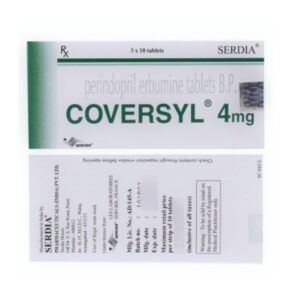Lithium Carbonate Information
Pronunciation
LITH ee um
What is this drug used for?
• It is used to treat bipolar problems.
• It may be given to you for other reasons. Talk with the doctor.
Frequently reported side effects of this drug
• Dizziness
• Loss of strength and energy
• Nausea
• Lack of appetite
• Abdominal pain
• Increased saliva
• Passing gas
• Dry mouth
• Change in taste
• Joint pain
• Dry hair
• Thin hair
• Hair loss
Other side effects of this drug: Talk with your doctor right away if you have any of these signs of:
• High blood sugar like confusion, fatigue, increased thirst, increased hunger, passing a lot of urine, flushing, fast breathing, or breath that smells like fruit
• Acidosis like confusion, fast breathing, fast heartbeat, abnormal heartbeat, severe abdominal pain, nausea, vomiting, fatigue, shortness of breath, or loss of strength and energy
• Thyroid problems like change in weight without trying, anxiety, agitation, feeling very weak, hair thinning, depression, neck swelling, difficulty focusing, inability handling heat or cold, menstrual changes, tremors, or sweating
• Fluid and electrolyte problems like mood changes, confusion, muscle pain or weakness, abnormal heartbeat, severe dizziness, passing out, fast heartbeat, increased thirst, seizures, loss of strength and energy, lack of appetite, not able to pass urine or change in amount of urine passed, dry mouth, dry eyes, or nausea or vomiting
• Kidney problems like not able to pass urine, blood in the urine, change in amount of urine passed, or weight gain
• Serotonin syndrome like dizziness, severe headache, agitation, sensing things that seem real but are not, fast heartbeat, abnormal heartbeat, flushing, tremors, sweating a lot, change in balance, severe nausea, or severe diarrhea
• Bloating
• Mood changes
• Abnormal movements
• Sexual dysfunction
• Fatigue
• Excitability
• Diarrhea
• Noise or ringing in the ears
• Shortness of breath
• Swelling of arms or legs
• Leaking of stool
• Leaking of urine
• Muscle weakness
• Twitching
• Involuntary eye movements
• Change in balance
• Trouble swallowing
• Trouble speaking
• Sensing things that seem real but are not
• Trouble with memory
• Severe headache
• Blurred vision
• Double vision
• Blindness
• Restlessness
• Abnormal gait
• Weight gain or loss
• Signs of a significant reaction like wheezing; chest tightness; fever; itching; bad cough; blue skin color; seizures; or swelling of face, lips, tongue, or throat.
Medication Safety Issues
Sound-alike/look-alike issues:
Eskalith may be confused with Estratest.
Lithium may be confused with lanthanum, Ultram.
Lithobid may be confused with Levbid, Lithostat.
Other safety concerns:
Do not confuse mEq (milliequivalent) with mg (milligram). Note: 300 mg lithium carbonate or citrate contain 8 mEq lithium. Dosage should be written in mg (milligrams) to avoid confusion.
Check prescriptions for unusually high volumes of the syrup for dosing errors.
Storage and Stability
Store between 15°C and 30°C (59°F to 86°F). Protect tablets and capsules from moisture.
Adverse Reactions
Cardiovascular: Abnormal T waves on ECG, bradycardia, cardiac arrhythmia, chest tightness, circulatory shock, cold extremities, edema, hypotension, myxedema, sinus node dysfunction, startled response, syncope
Dermatologic: Acne vulgaris, alopecia, blue-gray skin pigmentation, dermal ulcer, dry or thinning of hair, exacerbation of psoriasis, folliculitis, pruritus, psoriasis, skin rash, xerosis
Endocrine & metabolic: Albuminuria, dehydration, diabetes insipidus, euthyroid goiter, glycosuria, hypercalcemia (secondary to hyperparathyroidism [McKnight 2012]), hyperglycemia, hyperparathyroidism, hyperthyroidism, hypothyroidism, increased radioactive iodine uptake, increased thirst, polydipsia, weight gain, weight loss
Gastrointestinal: Abdominal pain, anorexia, dental caries, diarrhea, dysgeusia, dyspepsia, excessive salivation, flatulence, gastritis, nausea, sialadenitis, sialorrhea, swelling of lips, vomiting, xerostomia
Genitourinary: Impotence, incontinence, oliguria
Hematologic & oncologic: Leukocytosis
Hypersensitivity: Angioedema
Nervous system: Ataxia, blackout spells, cogwheel rigidity, coma, confusion, dizziness, drowsiness, dystonia, EEG pattern changes, extrapyramidal reaction, fatigue, hallucination, headache, hyperactive deep tendon reflex, hypertonia, involuntary choreoathetoid movements, lethargy, local anesthesia, memory impairment, loss of consciousness, metallic taste, myasthenia gravis (rare), pseudotumor cerebri, psychomotor retardation, reduced intellectual ability, restlessness, salty taste, sedation, seizure, slowed intellectual functioning, slurred speech, stupor, tics, vertigo, worsening of organic brain syndromes
Neuromuscular & skeletal: Joint swelling, muscle hyperirritability, neuromuscular excitability, polyarthralgia, tremor
Ophthalmic: Blurred vision, exophthalmos, nystagmus, transient scotoma
Otic: Tinnitus
Renal: Decreased creatinine clearance, polyuria
Miscellaneous: Fever
Postmarketing: Intracranial hypertension (Tan 2019), lupus-like syndrome (Shukla 1982) –





